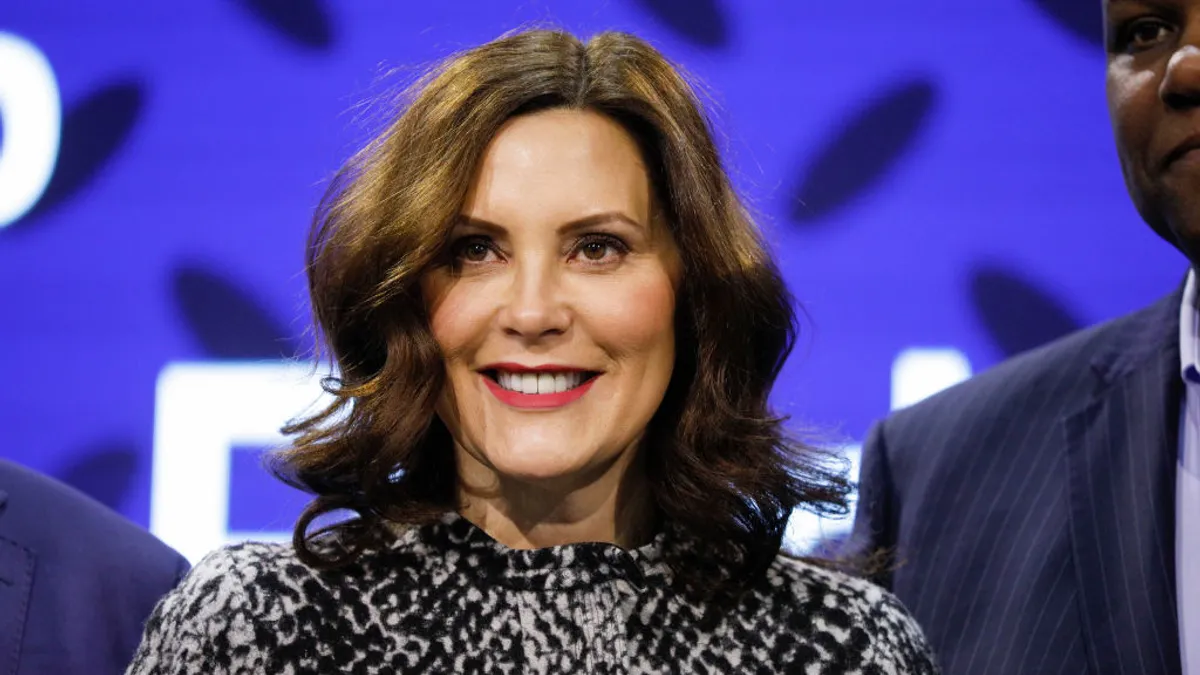In 1970, legendary conservative economist Milton Freidman wrote an article in the New York Times Magazine that turned out to be, arguably, the most important influence on corporate history for the next 50 years.
Profit is king, the Nobel laureate argued, and corporate social responsibilities are best met by a laser focus on maximizing shareholder value and prioritizing the bottom line first. The idea of a "trickle down" social responsibility effect later developed.
In 2020, Freidman's notions are under attack like never before. The new thinking, turbocharged amid climate change and in the wake of the death of George Floyd, is encapsulated in a movement for corporate reform called Environment, Social, Governance — ESG — to which many large U.S. corporates are now at least paying lip service. Arguably the fastest growing part of the money management business is in ESG funds, which seek to hold corporate managers accountable.
"The role of the CFO in rolling out of ESG going forward will be critical," said Leeor Groen, an investment banker who has been a worldwide ESG advocate and is principal at Zurich-based BV Ventures. "The CFO is the reporting data gatekeeper in the corporate organization," he points out, adding that CFOs' role will be transformed as they become responsible for reporting on far more than just financials.
While there has been plenty of talk about ESG, there has yet to be a conclusive way of measuring whether a corporate is walking the ESG walk. That's because ESG is so new, and so extremely complex, that no set of ESG metric standards have been developed and agreed upon.
Core and expanded metrics
That changed in late September, in one of the most important ESG advancements, when the Big Four accounting firms announced they had agreed to a set of standard metrics under the auspices of the World Economic Forum, organizer of the Davos global leadership conference.
The standards rest on four principals: governance, planet, people and prosperity. The aim is allowing corporations to report on ESG collectively in a way that apples-to-apples comparisons can be made within industry sectors so all can set and understand performance targets.
Key details from World Economic Forum white paper: "Core metrics: A set of 21 more-established or critically important metrics and disclosures. These are primarily quantitative metrics for which information is already being reported by many firms (albeit often in different formats) or can be obtained with reasonable effort. They focus primarily on activities within an organization's own boundaries."
On the planet side, among the core metric standards is reporting on emissions; on the social side is diversity and on the governance side anti-corruption measures.
The report discussed what it called "expanded metrics," which make room for wider metrics expressing commitment to the values underlying "stakeholder capitalism," for which the report openly advocates. These metrics will seek to go a step further than core metrics by, for example, calculating in money terms ESG performance.
"Expanded metrics: A set of 34 metrics and disclosures that tend to be less established in existing practice, and standards and have a wider value chain scope or convey impact in a more sophisticated or tangible way, such as in monetary terms. They represent a more advanced way of measuring and communicating sustainable value creation."
"The time is now for companies to broaden their engagement with stakeholders," EY Global chairman and CEO Carmine Di Sibio said in a statement accompanying the Big Four ESG announcement.
Bob Moritz, global chairman of PwC, said in his own statement that stakeholders — including investors, policy makers, consumers and employees — need "more rounded, comparable and robust information to make decisions. Get that information flowing, align market incentives against performance on these metrics, and a better tomorrow becomes possible."
CFOs to take lead
Despite the standards-setting advancement, the way forward on ESG metrics and measurement will likely be time-consuming and messy for CFOs, Bill Stone founder of ESG fund creator Stance Capital, said.
But, eventually, "reporting platforms will emerge to make it easier for corporate CFOs to aggregate and report" on ESG matters. As the CFO's reporting mandate broadens with ESG, the role will transform, he says.
"Our objective is to get the frameworks in place so every financial decision can take climate change into account, just as they take interest rates or credit risk or cash flows into account," said Mark Carney, former governor of both the Bank of Canada and the Bank of England and now the UN's special envoy on climate finance, addressing the Big Four metrics announcement at Climate Week NYC.
"But they can also take climate change as one of the fundamental drivers of risk and value for companies and assets around the world. That starts with the reporting and extends through to risk management and stress tests and scenario analysis for risk purposes, not just for opportune purposes. And it will extend ultimately to the expectations for the providers of capital and how they will report."
So far, the largest corporates are making the most ESG moves, Stone said, with the U.S. five to seven years behind Europe in ESG adoption. "Here, the ESG mandates will trickle down from the largest companies to the mid-sized, and then the small."
But in the wake of California wildfire conflagrations and racial justice protests, the challenges facing ESG adoption remain daunting.
Says one top ESG observer who did not want to be identified: "ESG is well known, if not necessarily well liked, at the top of the US corporate food chain. You get down to the mid-sized and small corporates and there is some notion of ESG, but much less effort at adoption. And in [other] places ... you get: 'ESG? What's that?'"



















